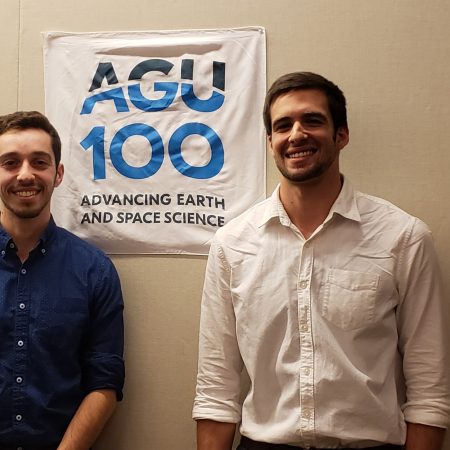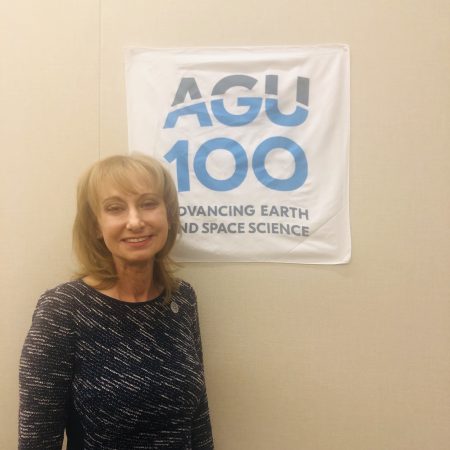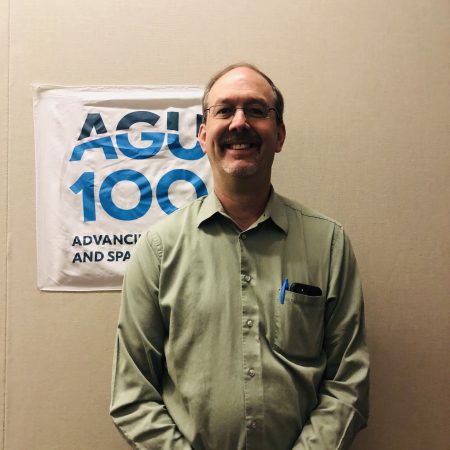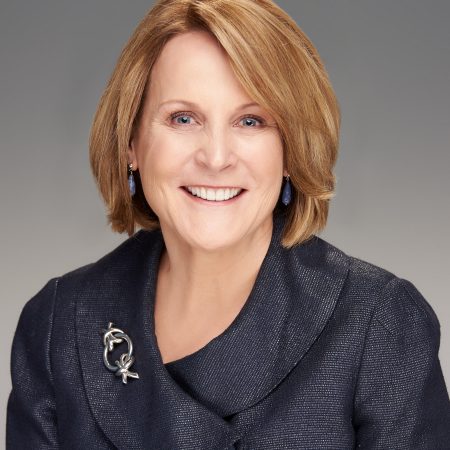Refine
Date Range Clear
Recorded by Clear
Keywords Clear
- volcanolgy 166
- #AGU100 166
- mars 166
- Future 166
- Mt.St.Helens 166
- #AGU 163
- NASA 58
- discovery 55
- #womeninscience 29
- Advice 26
- Collaboration 21
- 378 more
Partnerships Clear
- No matching terms.
Organizations Clear
- American Geophysical Union 34
- National Aeronautics and Space Administration 8
- The American Geophysical Union 4
- American Geopysical Union 3
- NASA 2
- 12 more
Places Clear
- Washington DC 167
- AGU 2018 Fall Meeting 157
- AGU Fall Meeting Program Commitee 3
- Leadership Development Commitee 2
- AGU 100 Fall meeting 1
- 3 more
Languages Clear
- No matching terms.
Initiatives Clear
- No matching terms.
Conor Nixon, a space scientist at NASA--Goddard Space Flight Center, discusses his work studying the outer planets. Watching the Cosmos show growing up interested him in the solar system and he's been studying the outer planets most of his life....
Rachel Hampton ended up in the geosciences because she couldn’t find the art history class she was looking for. From asking a TA if she could join him on fieldwork to doing her senior thesis on volcanoes without a professor...
After being drawn to the oceans at an early age, Paula continues to examine many factors that influence changes in the oceans. As a program manager for NASA, she enjoys the opportunity to work with dedicated researchers and learn how...
Lawrence Friedl discusses his life and experiences as Director of the Applied Sciences Program in the Earth Science Division at NASA Headquarters. Interested in space from a young age, he developed an interest in how the environment and public policy...
Dr. Jim Green has spent 38 years of his life working at NASA. He started there with a fresh Ph.D. in Earth magnetospheric science and helped pioneer the magnetosphere research group at Marshall Space Flight Center. He spent 12 years...
Having an idol is important in science so you can see yourself doing something similar. Gregory Cutter met his idol, Jacques Cousteau, when he was an assistant professor at Old Dominion University. As an oceanography professor, he worked with different...
Cloud scientist Steven Platnick is trying to learn how clouds may magnify—or minimize—the effects of climate change. He first got excited about clouds when his Ph.D. advisor, who "treated us like equals," started asking questions about clouds. "He asked questions...
Stephen Running, an Emeritus Regent's Professor at the University of Montana, shares about his work with NASA studying the global ecosystem from space. Trying out a microscope at a young age ironically led him into a lifetime of looking at...
Alex Young has a great finger on the weather. But the Associate Director for Science in the Heliophysics Science Division at NASA's Goddard Space Flight Center’s attention is focused far higher than any storm cloud. He studies space weather and...
As a mission scientist with NASA's Operation IceBridge, John Sonntag has been keeping an eye on the polar ice caps for the better part of 20 years. The good news is, he is very well-versed in the science and analysis...
An inspiring physics teacher, a lesson on the Copernican Revolution, and an immense awe sparked by the night sky ignited a passion for learning and research for Dr. Thomas Zurbuchen, Associate Administrator for NASA's Science Mission Directorate. Dr. Zurbuchen shares...
Dawn Wright, ESRI and Mark Parsons, Rensselaer Polytechnic Institute, share with us their journeys into data mapping, and how the field has grown, including at AGU. Before AGU embraced mapping scientists, people were starting to leave AGU. Now, they’re back,...
Sabrina Savage builds instrumentation for solar physics and studies solar flares at NASA’s Marshall Space Flight Center. The technology she helps create delivers the most high-resolution pictures of the sun anyone has ever seen. In a society more dependent upon...
Nearing the end of her career, Anne Douglass, at NASA Godard Space Flight Center, has provided the scientific community with a better understanding of the ozone layer that protects us all from ultraviolet radiation. Anne describes the energy that it...
The realization that a purple sunset in Wisconsin traced back to the 1991 volcanic eruption of Mt. Pinatubo in the Philippines fueled Chip Trepte’s interest in the movement of volcanic aerosols in the upper atmosphere. “It was a stunning revelation...
Philips Aizebeokhai talks about the path his career has taken, turns and all. Although he started out working in the oil and gas industry, he found himself drawn to academia and the chance to be excited every day through his...
Kathy Cashman, professor at the University of Bristol, worked on the 1980 eruption at Mount St. Helen’s in Washington, one of the first monitored volcanic eruptions in the world (“it was a ‘who’s who’ of volcanology and geology”). Thanks to...
Kristin Pratscher might have only recently received her Bachelor’s degree but she already has plenty of experience in her field of geology. From a field camp in Turkey to being part of the Summer of Applied Geophysical Experience (SAGE) program...
Paul Stackhouse is a sun chaser, but in his case it means measuring the surface radiation budget. This means figuring out how much sunlight gets to the surface of the planet, and takes a deep understanding of factors like cloud...
What starts as a conversation about arctic change is actually an all-encompassing discussion about career growth, patience, and personal growth. Walt Meier, National Snow, and Ice Data center, introduces us to Jackie Richter-Menge, US Arctic Research Commission, who has spent...
Through his work with SERVIR, Ashutosh Limaye could be described as one of Earth’s watchdogs. The project scientist at the Marshall Space Flight Center’s job is to take NASA satellite data back down to the Earth and help people use...
Alan Gorchov Negron and Colten Petersen, University of Michigan, share their stories of becoming scientists, and their hopes for their continued research and involvement in geosciences. What is the role of an earth scientist? What is the role of climate...
Rosaly Lopes is a planetary geologist at NASA’s Jet Propulsion Lab. She discovered seventy-one new volcanoes on IO, for which she was recognized in the Guinness Book of World Records. She uses her research into the surface of other planets...
Thomas Wagner, NASA's Program Scientist for the cryosphere, discusses how his life has developed to study the Arctic and Antarctic. Even though as a student he initially found himself bored by studying glaciology, he soon discovered a passion for polar...
Alice Hill talks about her work at Stanford University's Hoover Institute on mitigating risk from natural hazards. She discusses her work in the Obama Administration running climate change programs for the Department of Homeland Security. She also worked at the...
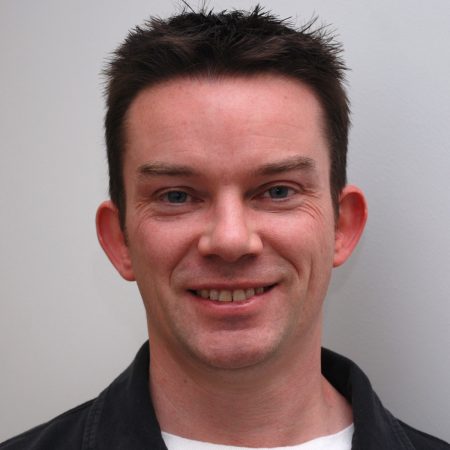
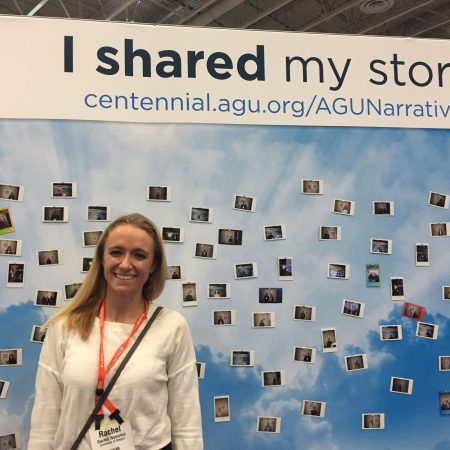

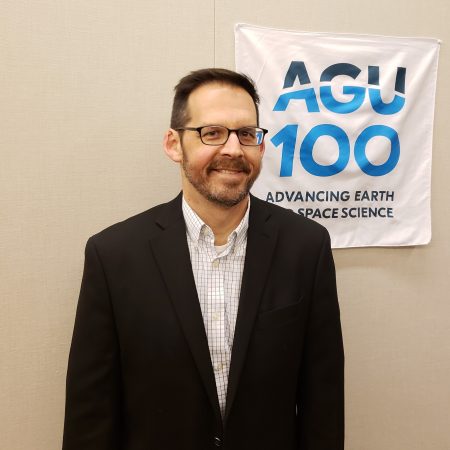
!["We're moving through a period of understanding [other] planets & how they relate to life on Earth." interview with Jim Green by Kim Cartier](https://archive.storycorps.org/uploads/2019/01/181210_Green-450x450.jpg)
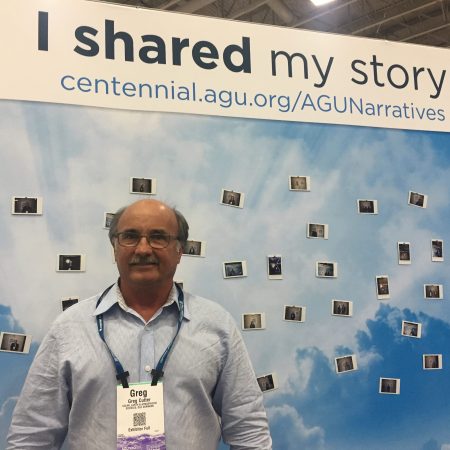

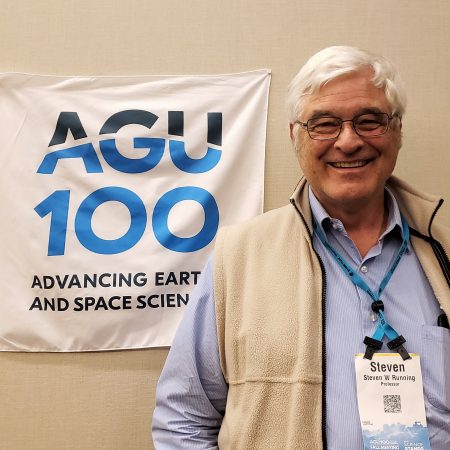
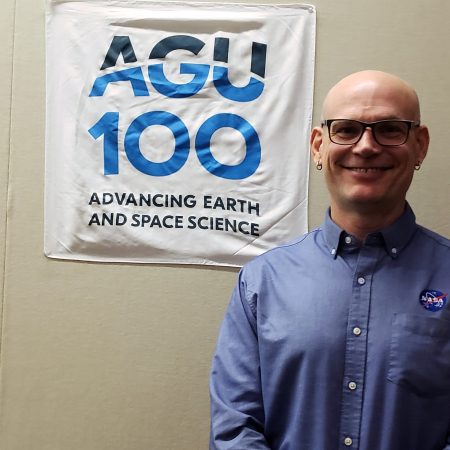
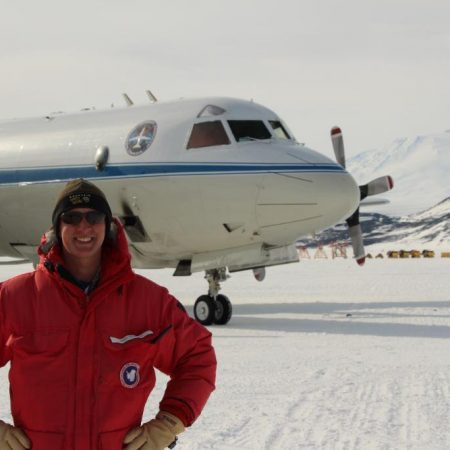
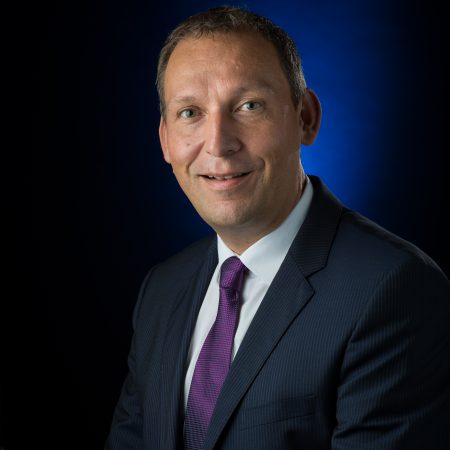
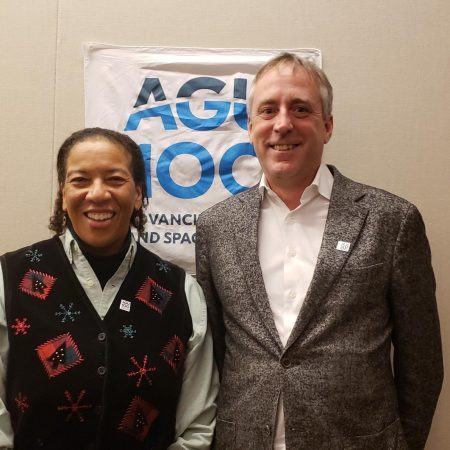
!["The sun is a terrifying and beautiful laboratory of which we know only a little [about]." an interview with Sabrina Savage](https://archive.storycorps.org/uploads/2019/02/20181213_Savage-450x450.jpg)
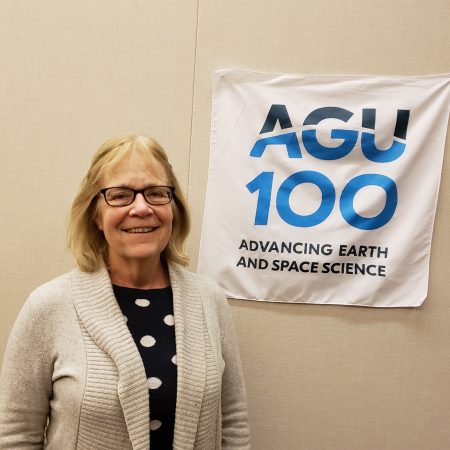
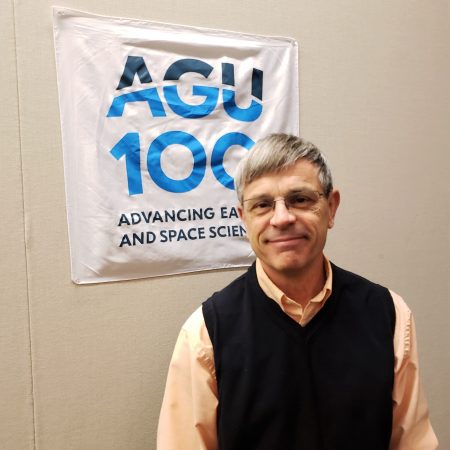
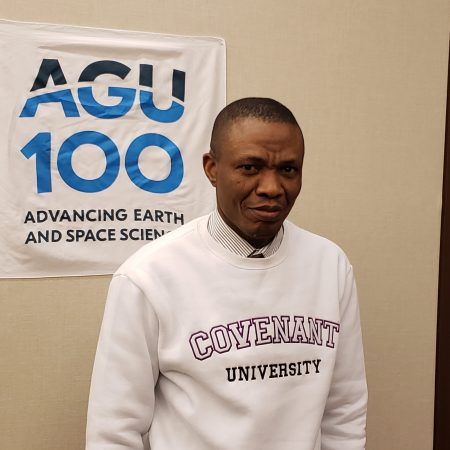
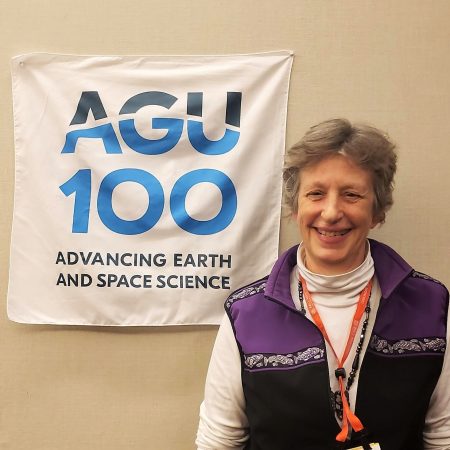
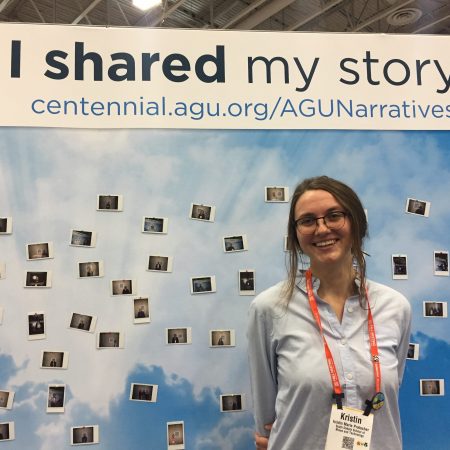
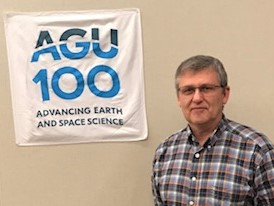
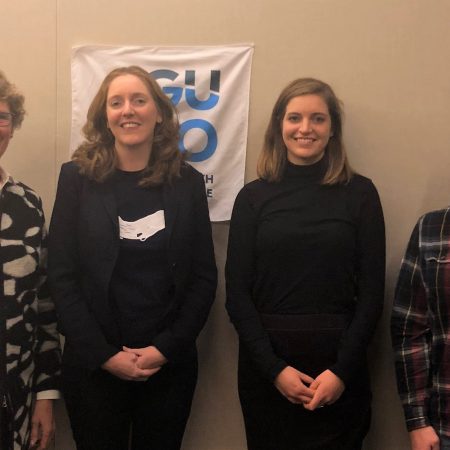
![“[Better satellite monitoring] will improve our ability to bridge the gaps between the haves & have nots." interview with Ashutosh Limaye](https://archive.storycorps.org/uploads/2019/02/181213_Limaye-450x450.jpg)
